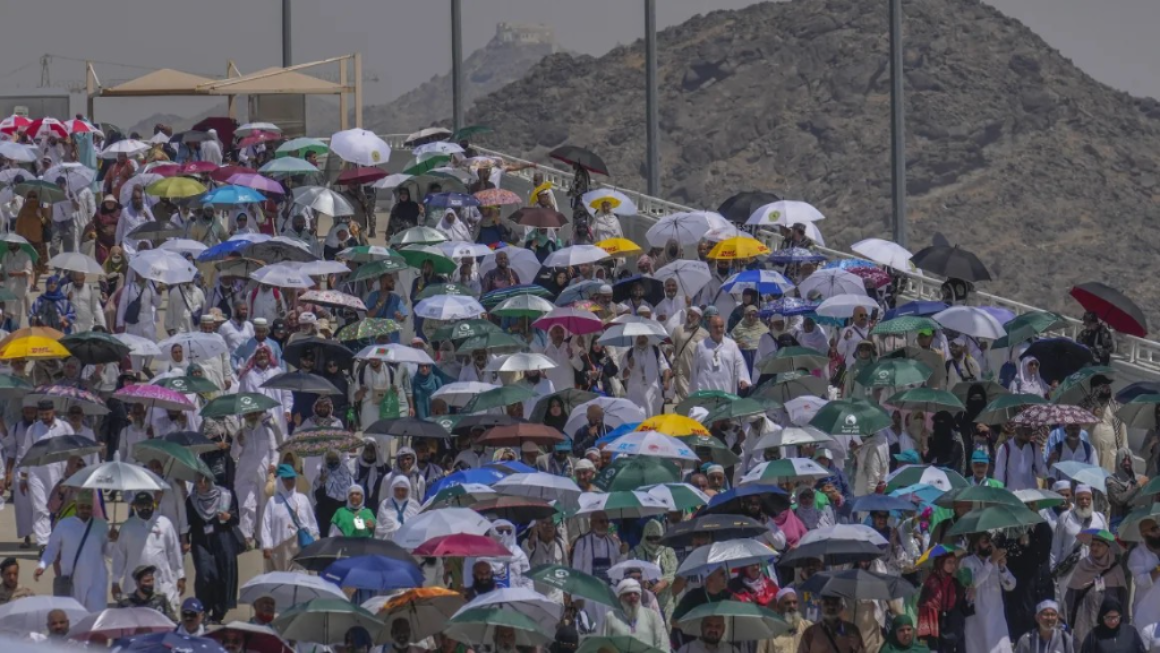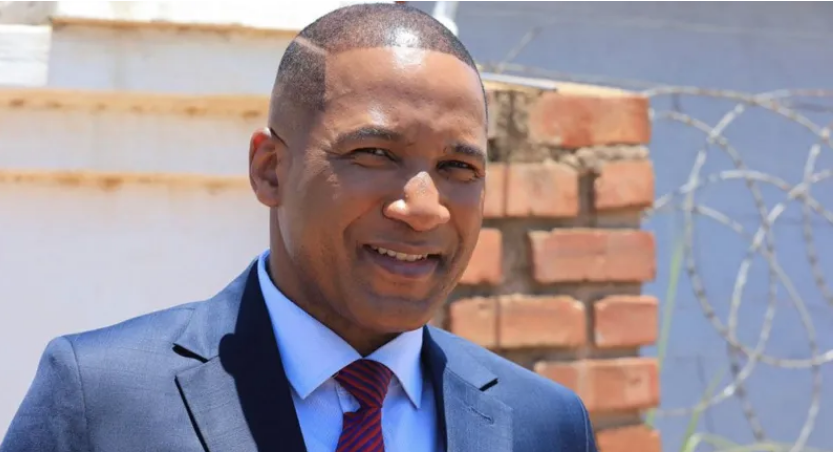At least 41 Jordanians, 35 Tunisians and 11 Iranians are among the dead, according to authorities in each country. A further 22 Jordanians are missing, and 26 Iranians have been hospitalized, the Iranian Red Crescent announced Wednesday, according to Iran’s semi-official Tasnim news agency.
Some of the Iranians died due to heatstroke while others had underlying conditions, the Iranian Red Crescent said.
The death toll is likely to rise, as Saudi Arabia and Egypt have yet to release official figures. Additionally, the governments are only aware of pilgrims who have registered and traveled to Mecca as part of their country’s quota – more deaths are feared among unregistered pilgrims.
The Saudi government said on Monday that more than 2,700 people had been treated for heatstroke. Meanwhile, hundreds of people have taken to social media to post about their loved ones being unaccounted for.
More than 1.8 million people are taking part in this year’s Hajj, one of the world’s largest religious gatherings, according to the Saudi General Authority for Statistics.2 While deaths among pilgrims are not uncommon, this year’s gathering is being held amid particularly high temperatures.
Hajj season changes every year according to the Islamic calendar and this year it fell in June, one of the hottest months in the Kingdom.
On Monday, Saudi Arabia advised pilgrims against performing the ‘stoning of the devil’ ritual between certain hours after temperatures reached an extreme 49 degrees Celsius (120 degrees Fahrenheit).
Hajj officials have also been asking pilgrims to carry umbrellas and stay hydrated amid the harsh conditions while the Saudi army has deployed more than 1,600 personnel with medical units specifically for heatstroke and 30 rapid response teams. Another 5,000 health and first aid volunteers are taking part.
Performing Hajj is one of the five pillars of Islam, which requires every Muslim who is physically and financially able to make the journey to the holy city of Mecca at least once in his or her life.
The pilgrimage includes numerous detailed rituals including wearing a special garment that symbolizes human equality and unity before God, a circular, counterclockwise procession around the Kaaba, and the symbolic stoning of evil.










